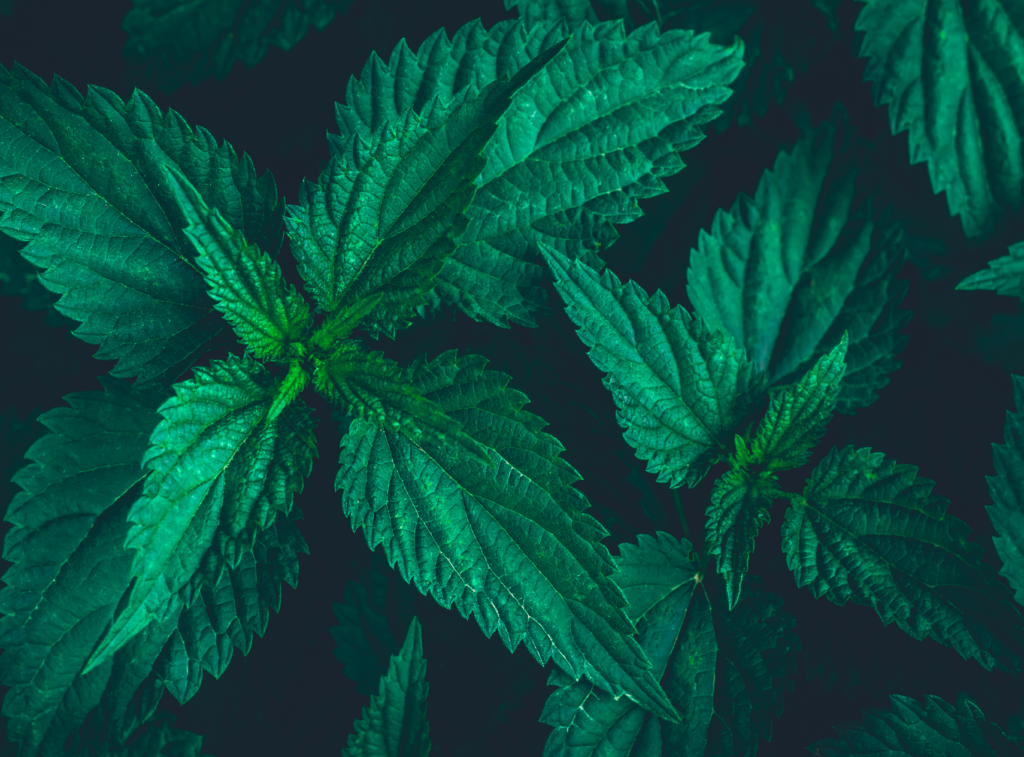Original article (in Serbian) was published on 8/2/2024; Author: Ivan Subotić
At the end of January, a reader of FN Tragac brought attention to a post on social media claiming that “nettle is becoming a forbidden plant.” The post, after highlighting the medicinal and beneficial properties of nettle, stated that “the law of the European Union is relentless, leaving no room for traditional wisdom.”
The post claims, “It went so far that France banned not only the cultivation and processing but also spreading the knowledge about nettle through public appearances,” and goes on to say that “domestic fermented nettle fertilizer” is also prohibited.
In response to these claims, Fake News Tragač reached out to the French Ministry of Agriculture and Food to verify the accuracy of the information that had garnered nearly 2,000 shares on Facebook, along with hundreds of reactions and comments.
It is important to clarify that the cultivation and processing of nettle in France are not banned. This was confirmed by the ministry, which stated, “In France, the cultivation of nettle, along with the production and sale of extracts for biostimulation and phytosanitary purposes, is permitted.” However, the question arises: what about “homemade fermented nettle fertilizer”?
The nettle-based fertilizer, known for its natural plant protection properties, is not “forbidden.” According to the French Ministry of Agriculture and Food, this fertilizer “can be prepared and used,” albeit within the guidelines established by the Ministry. These guidelines clearly outline the regulations for producing nettle fertilizer, distinguishing between personal use and commercial sale. For both scenarios, individuals are required to complete a form provided in the specification annex. Additionally, the form for those intending to sell the fertilizer includes several extra fields that must be filled out.
Furthermore, the Ministry highlights a specific regulation from 2011 that “permits the sale of nettle fertilizer on the market as a natural preparation of minor significance for phytopharmaceutical use.” This regulation contains more detailed requirements regarding the packaging and the mandatory safety instructions that must be displayed on it.
The Ministry clarified that there is no prohibition on the cultivation, processing, or distribution of nettle in France. However, the question of whether “spreading knowledge about nettle through public performances” is restricted remains unanswered. The post references the purported predicament of French farmers, claiming ” “they are no longer allowed to mention in public their homemade fermented nettle fertilizer, which they produce in an extremely ‘dangerous’ way: 1 kg of nettle is soaked in 10 litres of clean water, pressed with a stone, leave it to ferment for 10-20 days, and then water or spray the crops with it.”
The issue of sharing nettle preparation recipes has been a topic of discussion in France before. In 2006, former senator Jean-Louis Meson inquired about this matter. The agriculture ministry informed him that the restrictions did not apply to individuals who produce nettle fertilizer for personal use. Interestingly, the very “forbidden” recipe for nettle fertilizer that was a topic of contention was included in a 2011 regulation concerning the distribution of nettle fertilizer. This presents a contradiction where French authorities seem to prohibit the dissemination of information about nettle, yet the recipe for its preparation is publicly accessible in legal documentation.
The contentious post also claims that “many are unaware that upon joining the European Union, Croatia consented to the prohibition of medicinal plants in accordance with European laws,” listing prohibited species such as ivy, nightshade, comfrey, hawthorn, oak, mistletoe, St. John’s wort, bearberry, milk thistle, walnut leaf, wormwood, among others. FN Tragač reached out to the Croatian Ministry of Agriculture and the Croatian Agency for Agriculture and Food for clarification but received no responses from these entities.
The sole reply was provided by the Croatian Botanical Society. This organization clarified that while it does not engage in the cultivation or distribution of herbs, it acknowledges the existence of regulations concerning medicinal herbs. According to them, plants are not categorically “forbidden”; however, there are specific restrictions on labeling and selling them as medicinal products.

